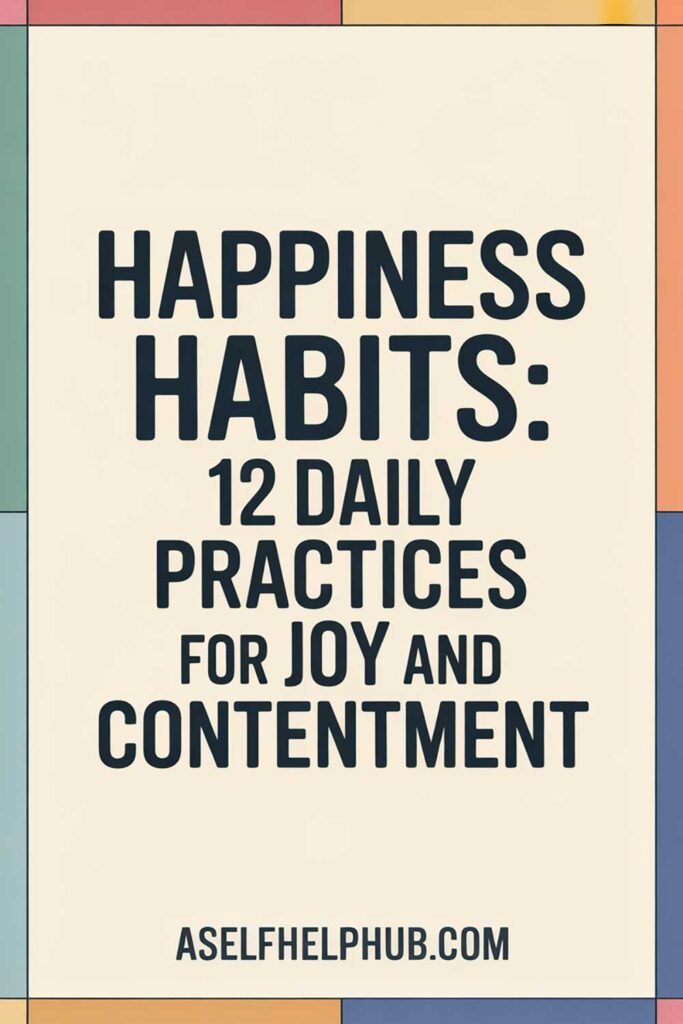7 Tips for Managing Student Loan Debt Efficiently
Student loan debt can feel like a never-ending burden, especially when payments stretch over decades. But with a smart strategy and consistent effort, it’s possible to take control, reduce your debt faster, and build a stable financial future. Whether you’re just starting repayment or looking for ways to manage existing debt more efficiently, these 7 actionable tips will help you navigate your student loans with confidence.

1. Know Exactly What You Owe
Start by getting a clear picture of your loans. Knowing how much you owe, to whom, and under what terms is essential to forming a strategy.
Real-Life Example: Jennifer thought she had only $25,000 in loans until she reviewed her NSLDS report and realized it was closer to $36,000 spread across multiple servicers. With this knowledge, she consolidated her loans and created a focused repayment plan.
Action Tip:
Use the National Student Loan Data System (NSLDS) or your loan servicer’s portal to list all your loans, their balances, interest rates, and payment terms.
2. Choose the Right Repayment Plan
Federal student loans offer various repayment plans based on your income and goals. Choosing the wrong plan can cost you more in interest or slow down your progress.
Real-Life Example: Daniel switched from the standard 10-year plan to an income-driven repayment (IDR) plan during a period of job instability. This kept him in good standing while he worked toward financial stability.
Action Tip:
Use the Loan Simulator on StudentAid.gov to compare repayment options and select the one that fits your financial situation.
3. Make Extra Payments When Possible
Any additional amount you pay above your minimum goes directly toward the principal, reducing total interest paid and time in debt.
Real-Life Example: Maria rounded up her payments to the nearest $50 each month. Over two years, she shaved off $2,000 in interest and cut her repayment period by nearly a year.
Action Tip:
Mark extra payments as “apply to principal only” to ensure your servicer doesn’t count them toward future interest.
4. Set Up Automatic Payments
Most loan servicers offer a 0.25% interest rate reduction for enrolling in autopay. It’s a small but helpful incentive that also ensures on-time payments.
Real-Life Example: Tyler enrolled in autopay and set up a dedicated account just for student loan payments. He never missed a payment and saved on interest.
Action Tip:
Link a reliable checking account and enroll in autopay through your loan servicer’s website.
5. Consider Loan Forgiveness or Assistance Programs
If you work in public service, healthcare, or education, you may qualify for loan forgiveness programs like Public Service Loan Forgiveness (PSLF).
Real-Life Example: Laura, a teacher in a low-income district, applied for Teacher Loan Forgiveness and had $5,000 forgiven after five years of service.
Action Tip:
Check out PSLF, Teacher Loan Forgiveness, and state-specific assistance programs to see if you’re eligible.
6. Avoid Deferment and Forbearance Unless Absolutely Necessary
These options pause payments but allow interest to accrue, increasing the overall debt.
Real-Life Example: Michael paused his payments during a tough year and saw his loan balance grow by $3,000 due to accumulated interest. Now, he makes partial payments even during financial setbacks.
Action Tip:
If you’re struggling, explore income-driven repayment before opting for deferment or forbearance.
7. Create a Long-Term Debt Payoff Strategy
A student loan strategy isn’t just about monthly payments—it’s about long-term goals. Align your loan payments with your career and life goals.
Real-Life Example: Brianna created a 5-year payoff plan after landing her first full-time job. She budgeted aggressively, lived below her means, and paid off $30,000 in 4.5 years.
Action Tip:
Write down your payoff goal, set quarterly benchmarks, and celebrate small milestones to stay motivated.
20 Motivational Quotes for Tackling Student Loan Debt
- “It always seems impossible until it’s done.” – Nelson Mandela
- “Discipline is choosing between what you want now and what you want most.” – Abraham Lincoln
- “Don’t let your debt define you. Let your actions reshape your future.” – Unknown
- “The man who moves a mountain begins by carrying away small stones.” – Confucius
- “The best way to predict your future is to create it.” – Peter Drucker
- “Success is the sum of small efforts repeated day in and day out.” – Robert Collier
- “Every dollar you pay off today is a dollar you don’t owe tomorrow.” – Unknown
- “Don’t wish for it. Work for it.” – Unknown
- “You must gain control over your money or the lack of it will forever control you.” – Dave Ramsey
- “A budget is telling your money where to go instead of wondering where it went.” – John C. Maxwell
- “Start where you are. Use what you have. Do what you can.” – Arthur Ashe
- “Financial peace isn’t about how much you make—it’s how you manage what you have.” – Dave Ramsey
- “You don’t have to be rich to be financially free. Just wise.” – Suze Orman
- “Action is the foundational key to all success.” – Pablo Picasso
- “Success usually comes to those who are too busy to be looking for it.” – Henry David Thoreau
- “A journey of a thousand miles begins with a single step.” – Lao Tzu
- “Debt is normal. Be weird.” – Dave Ramsey
- “You are not a loan. You are a person capable of change.” – Anonymous
- “Sacrifice a few years of comfort for decades of freedom.” – Unknown
- “The road may be long, but the destination is worth it.” – Unknown
Picture This:
Imagine opening your loan account and seeing a balance that’s finally shrinking—for real. You feel pride instead of panic. Your monthly payments no longer control your budget. You’re building savings, investing, and planning for the future. You no longer feel like debt is holding you back—instead, you’re confidently moving forward. That’s what efficient student loan management can do.
Share This Article:
Know someone struggling with student loans? Share this article with them. You might just help them find the solution they’ve been searching for.
Disclaimer:
This article is based on real-life examples and general financial advice. It is intended for informational purposes only and does not replace professional guidance. Always consult with a certified student loan counselor or financial advisor for personalized advice.






